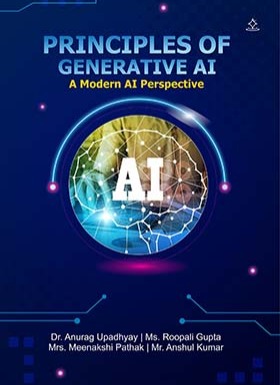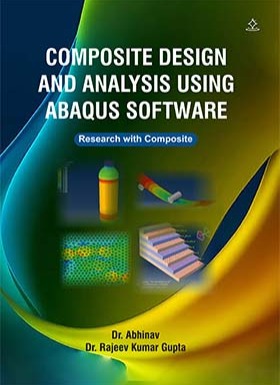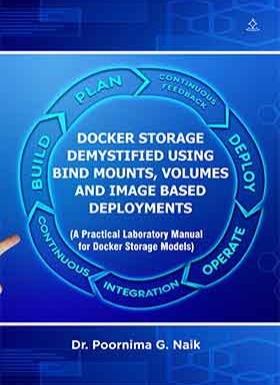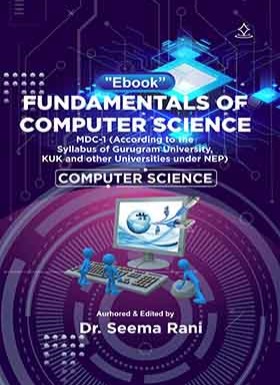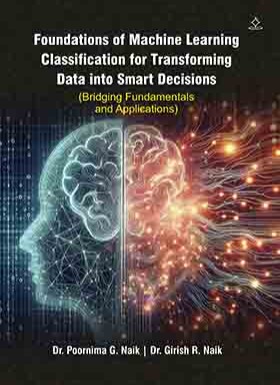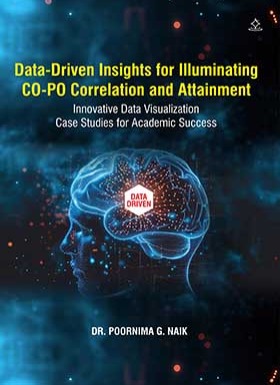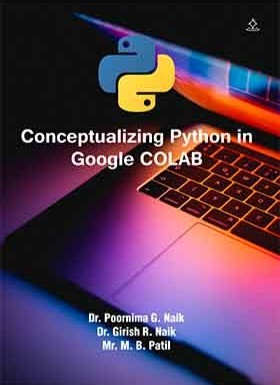


ISBN : 978-93-93557-43-8
Category : Academic
Catalogue : Computer
ID : SB20203
Conceptualizing Python in Google COLAB
Hands-on Practical Sessions
Dr. Poornima G. Naik
Paperback
850.00
e Book
250.00
Pages : 327
Language : English
About Book
This book can serve as textbook for post graduates and reference for any computer graduate. It will also provide easy reference for Computer Professionals who wants to begin their career in Machine Learning using Python. This book is precisely organized into twelve chapters. Each chapter has been carefully developed with the help of several implemented concepts. Dedicated efforts have been put in to ensure that every concept of Python discussed in this book is explained with help of relevant commands and screenshots of the outputs have been included. Chapter 1 focuses on development environment offered by Google COLAB. Chapters 2 through 4 cover the Python language fundamentals focusing on control and iterative statements, operators along with their applications in basic programs. Python employs blended programming paradigm in which it is procedural, object-oriented and functional. The best part of all programming languages reside in a single platform. Chapter 5 focuses on functions in Python with a special emphasis on Lambda functions. Advanced Python programming concepts such as iterators, closures, decorators, generators are covered at depth in Chapter 6 and 7. A good and in-depth knowledge of exception handling enables in writing a reliable and robust code. To cater to this need Chapter 8 unleashes the salient features of exception handling in Python. Data persistence through file handling is covered in Chapter 9. Due to the wide application of Regular expressions in pattern matching, Chapter 10 is fully devoted to understanding of regular expression in Python. Different types of common errors that might creep in during the execution of a Python program are summarized in Chapter 11. Final Chapter 12 is devoted to implementation of object oriented concepts in Python. The case study based on object oriented concept is discussed at depth and implemented in Appendix A.
Customer Reviews

